Last Wednesday, the House overwhelming passed HR-7521 — Protecting Americans from Foreign Adversary Controlled Applications Act by a bipartisan vote of 352-65. With more than two-thirds of the House coming together to support this bill, the Senate must bring it to a vote this week.
President Joe Biden has already signaled he will sign the bill if the Senate passes it.
If signed into law, the legislation would require Chinese parent company ByteDance to divest in the platform within six months, or face being shut down in the United States.
After the House bill passed, Representative Mike Gallagher of Wisconsin, one of the bill’s co-sponsors, said on the Capitol steps, “I don’t think courting the clicks of seventeen-year-olds should take precedence over allowing our foreign adversary to dominate what is increasingly becoming the primary news source for Americans under the age of thirty.”
For those who opposed the bill based on First Amendment concerns — and TikTok’s more than 170 million users in the United States — let us make the argument for why this bill should be passed and signed into law by the president.
As Schweizer discusses in his new book, Blood Money, average American TikTok users spend eighty-two minutes a day scrolling through the app. This is three times the screen time of the average American using Snapchat or Twitter and two times that of Facebook users.
The Chinese Communist Party knows this and recently instructed its members to “strengthen the connection between the media and the audience, and construct channels that the masses cannot live without.”
As Schweizer wrote in his book:
ByteDance has positioned TikTok as a “parent-free” platform for young people and has marketed it as such — “a playful space for underage users,” according to three scholars in their study of the company. Unlike Instagram, Facebook or Twitter, “nosy” parents or adults cannot monitor their children’s feed.
The genius of TikTok lies in its algorithm’s ability to push highly addictive, personalized content. It determines what the eyes of America’s children see, and thus how their brains are conditioned. Because every TikTok feed is unique, there is no way of knowing what each person is seeing. That gives the app tremendous stealth power to shape or distort public opinion, the specifics of which are untraceable, at least by us.
The powerful algorithm, designed to keep audiences glued to their phones, is not only a company secret — it is also a state secret. The Chinese government has designated it as a “national security asset.”
To addict users, the TikTok algorithm gathers enormous amounts of information about them to craft a detailed profile of who they are.
As we discussed on the Newt’s World podcast, ByteDance censors articles critical of the CCP in its subsidiaries around the world.
Less well understood is how TikTok’s algorithm can be “tuned” to distribute information that can move public opinion on a level of informational control with societal impact. This tuning can allow the app to be used for “data weaponization.”
TikTok likes to make a big deal of having moved its company servers to Texas and Singapore. They are no longer physically located in mainland China. But the geographic location doesn’t matter because the data can still be accessed and directed from mainland China. In fact, TikTok makes clear to anyone using the app that it has the right to share data with other parts of its corporate group, and that means ByteDance in China.
For the sake of the 170 million users who are sharing their location, information and habits with the CCP, we call on Senator Chuck Schumer to bring the TikTok legislation to a vote now.



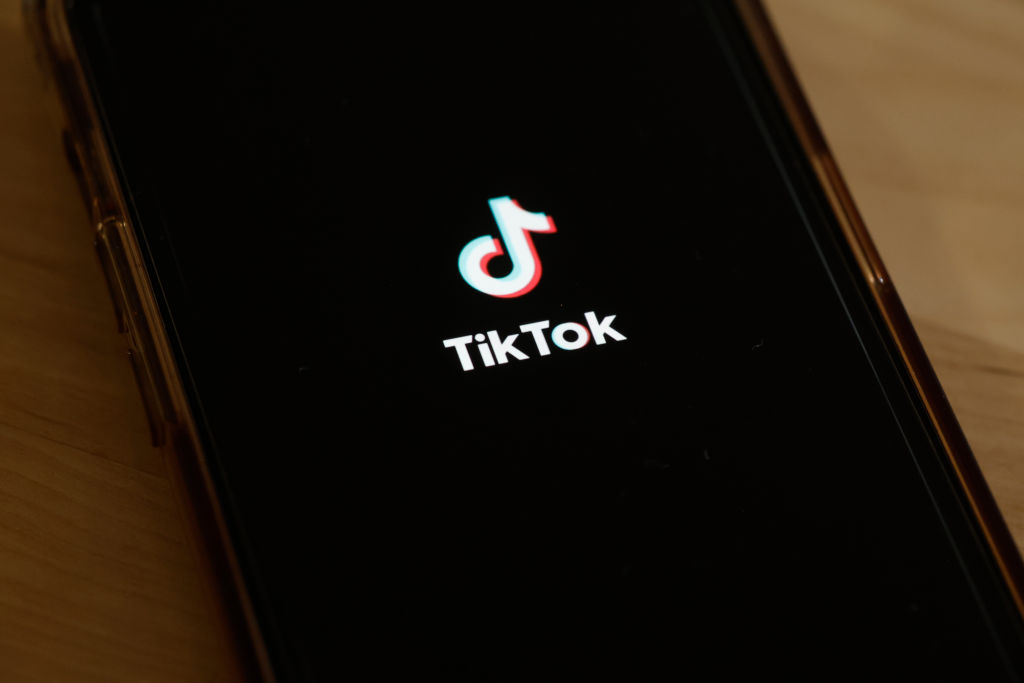







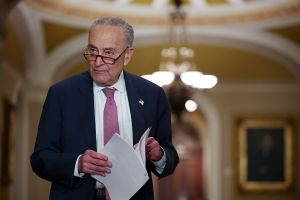
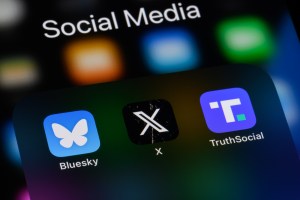
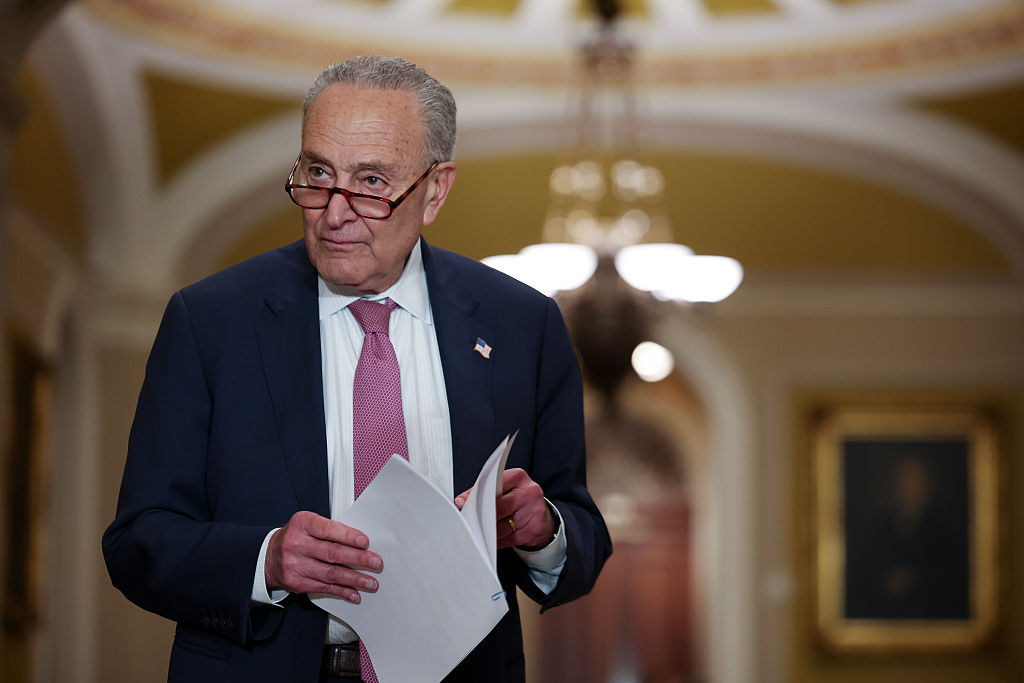
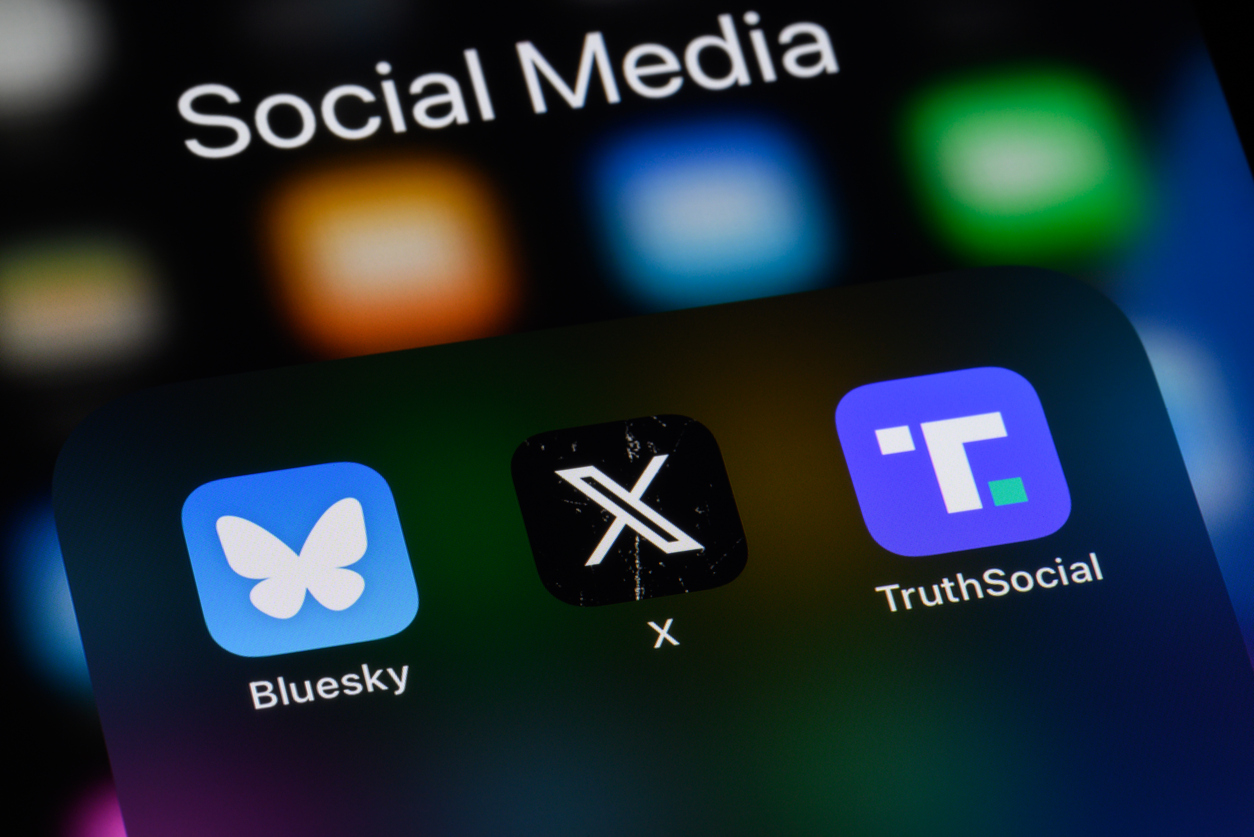

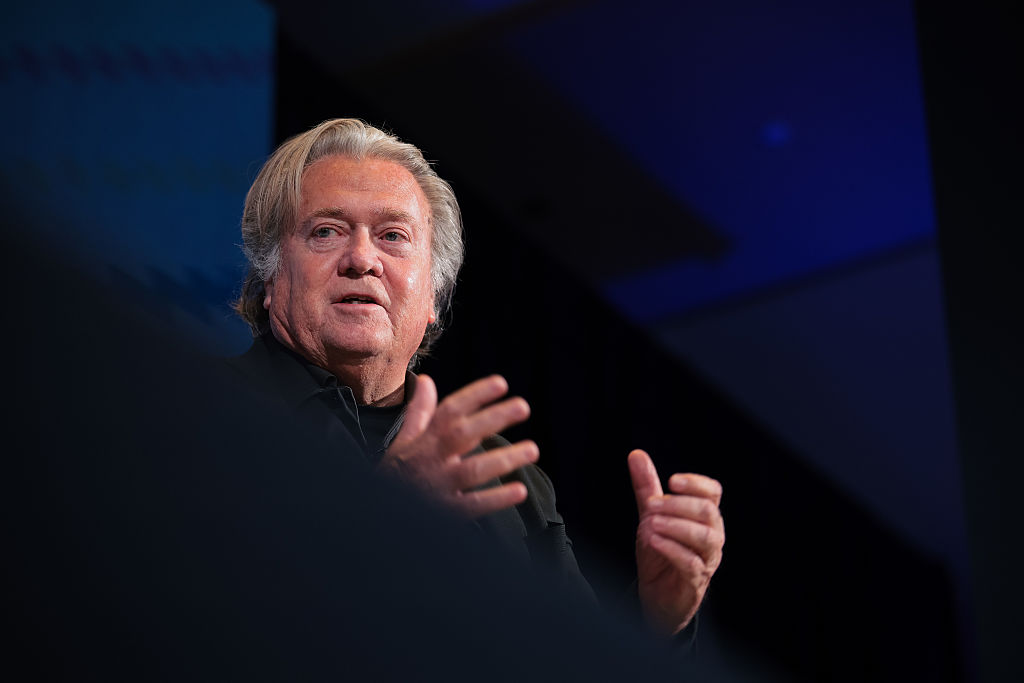
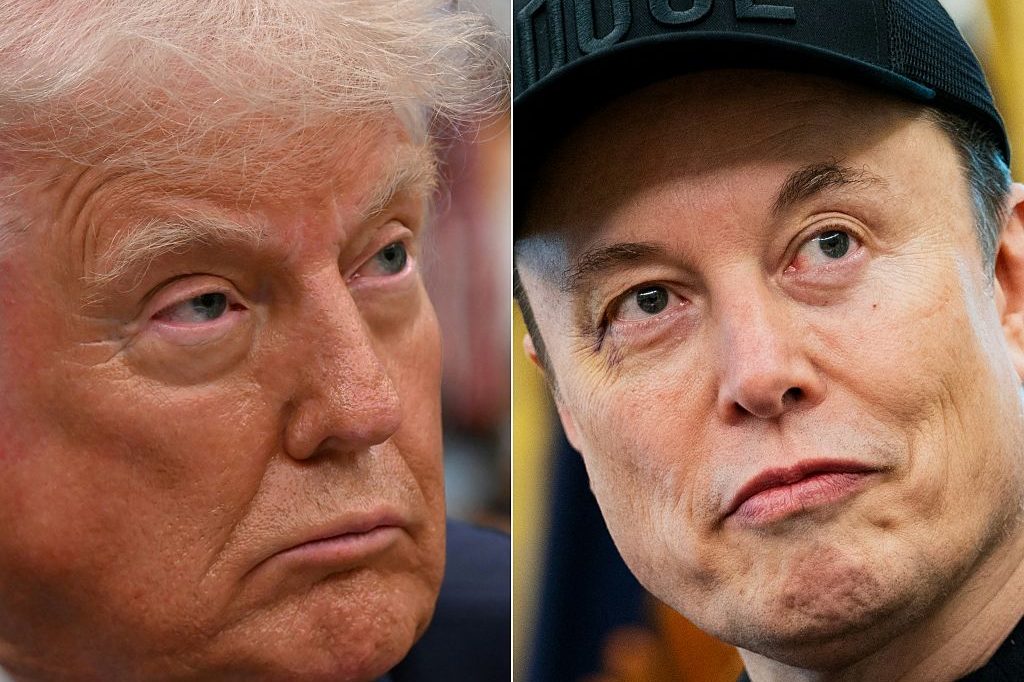








Leave a Reply